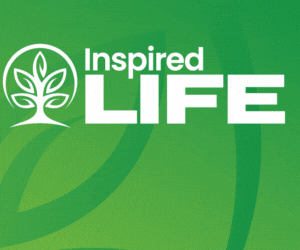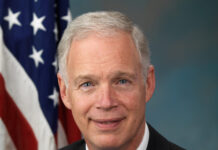The private financing of government election offices sparked controversy in the 2020 election and prompted bans on the practice in 24 states. Such financing came to be called ‘Zuckerbucks’ after Mark Zuckerberg gave $350 million to a nonprofit named CTCL (Center for Technology and Civic Life) to distribute to election offices around the country, ostensibly to help them cope with the COVID emergency. Critics rightly say the resulting election office activities ended up being thinly disguised voter registration drives to benefit Democrats. It is true some of the money went to Republican-leaning counties, but that was just a fig leaf. The preponderance of the grants went to Democrat areas. The Texas Attorney General launched an investigation into whether the stated desire to protect voters from COVID was just a pretext to disguise private electioneering efforts through government instrumentalities.
So it is with great sadness I must report to you Zuckerbucks didn’t die in the jurisdictions they were banned. There are moves to repeal the ban in Virginia and elsewhere and, of more immediate concern, Democrats are finding ways to get around the bans.
In 2022, CTCL launched the U.S. Alliance for Election Excellence with $80 million. The Alliance is a coalition of left-wing funders and advocacy groups that support more mail-in voting, automatic voter registration, and same-day registration – all vectors of election fraud. The Alliance acts as a “support system” for local election offices, giving them coaching, guidance, training, consulting services, and other resources. All in the name of good government, you see. A think tank took a look at these activities and concluded they are designed to “systematically influence” election offices and push progressive voting policies.
Georgia is one of the states banning Zuckerbucks, but the law is weak. The Alliance was able to give a $2 million grant to DeKalb County, Georgia – in Atlanta’s metropolitan area. The law only prohibited private money from going directly to elections offices, so the Alliance proposed to send money for election purposes to the county finance department and the county council voted to accept it. This is a loophole in the law you could drive a truck through, and they did. Nothing in Georgia law prevents a local government from accepting private money and allocating it to election administration. Voila! Zuckbucks 2.0.
That’s one dodge. Here’s another: OK, so 24 states banned private financing going directly to local election offices. How about we give election offices paper ‘credits’ which they can then redeem for election-related services from Alliance partners? Another loophole – the Alliance pays the partners, not the election offices, but the effect is the same. Pretty slick, don’t you think?
CTCL announced its first cohort of election offices wishing to become local ‘centers of election excellence’. They’re in seven states, including states where private financing of elections is officially banned. A county in one of the states – North Carolina where a ban was vetoed – has already taken private money to defend itself against the flak it was getting for taking private money. CTCL’s contract requires local election offices to submit an ‘improvement’ plan showing it will change the way it operates to please CTCL. This gives CTCL a window on internal operations which it will presumably use to maximize advantage for Democrats in future elections.
This is insidious. The Democrats hold out a bag of gold and worm their way into official election administration, giving people even less reason to trust our elections in the future. None dare call it a ‘threat to democracy’.
Watch Eagle Headline News – 7:30am ET Weekdays
– The 6 Top Stories in One Minute
















